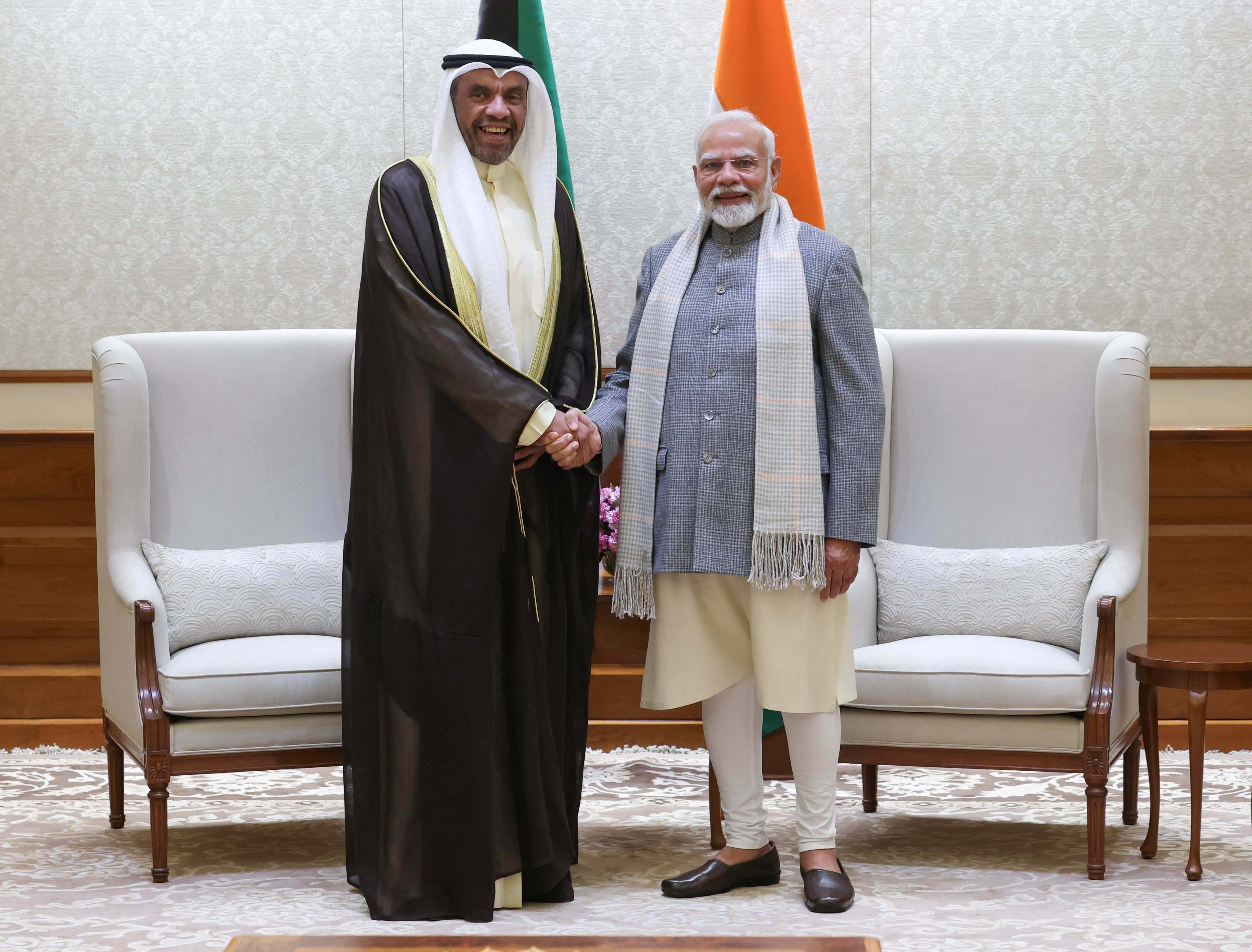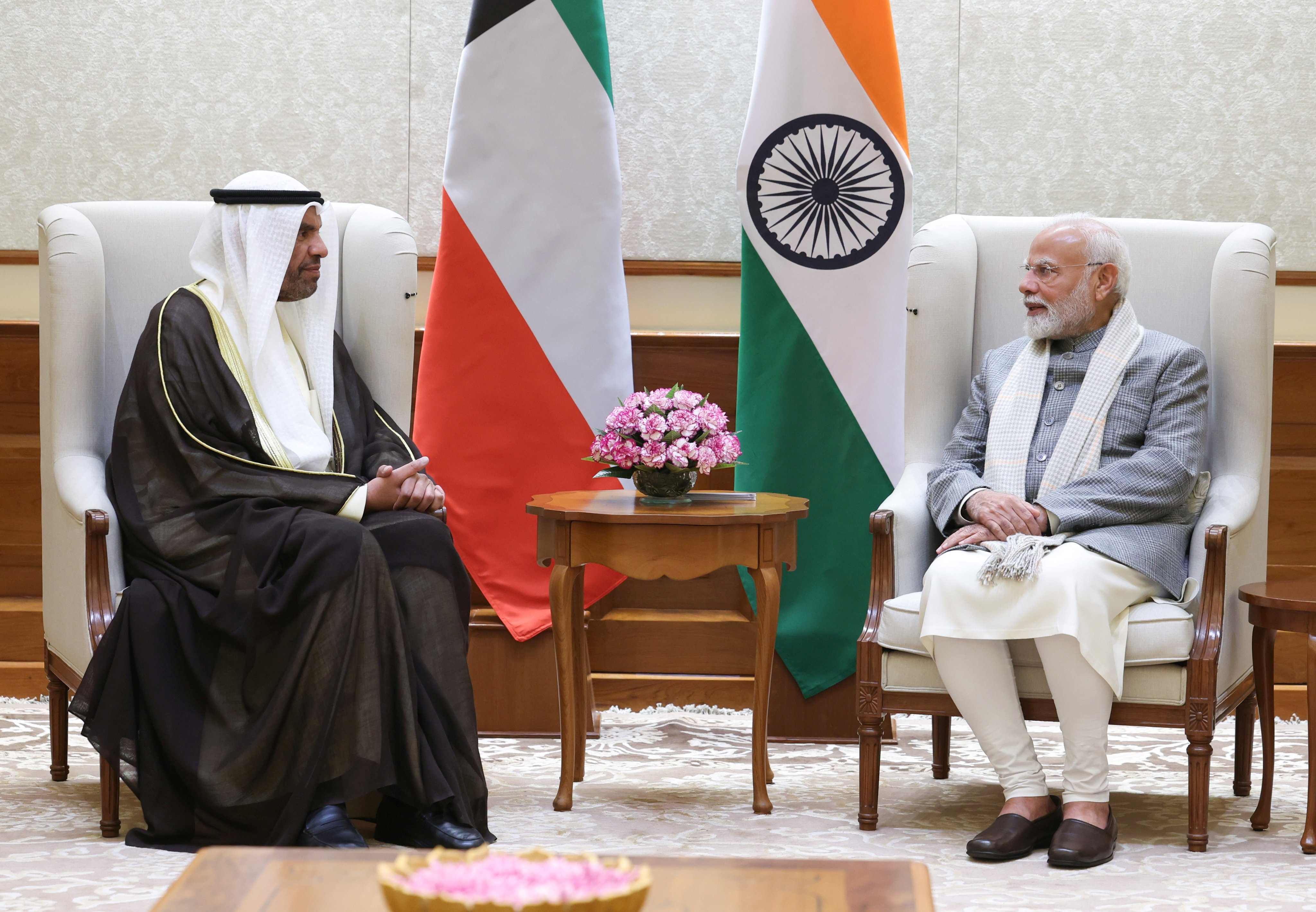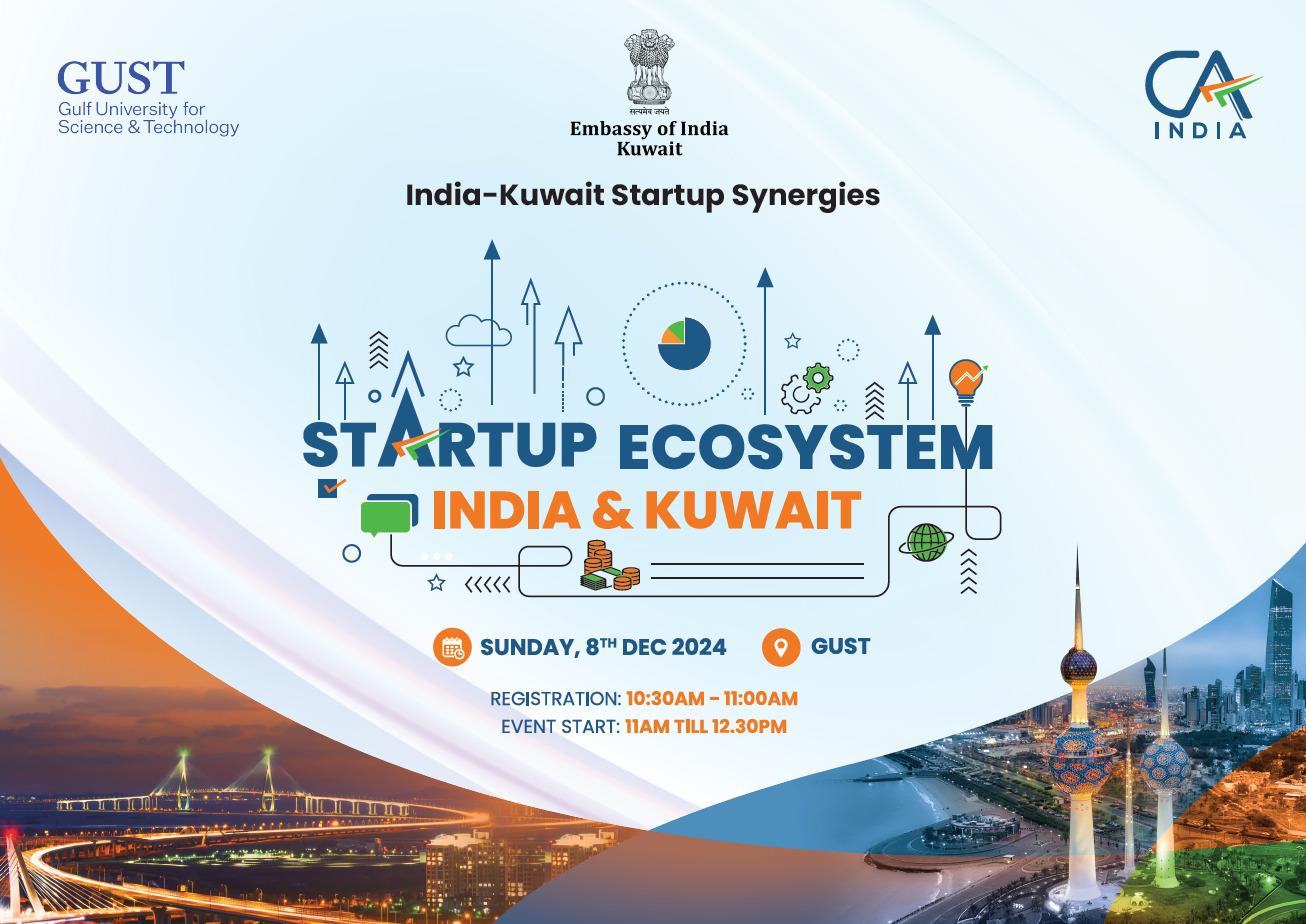As the deadline for biometric fingerprint registration approaches, the Central Bank of Kuwait is taking significant steps to ensure all customers, including non-Kuwaitis, comply with new biometric verification requirements. These measures aim to gradually impose restrictions on accounts starting this month, ultimately freezing banking activities for non-compliant customers. This article explores the timeline of actions and the implications for those who fail to meet the deadline.
Biometric Registration Deadline and Its Impact
The Ministry of Interior has set December 31 as the final deadline for non-Kuwaiti residents to complete their biometric fingerprinting process. Those who miss this deadline will face escalating banking restrictions, beginning with warnings and culminating in a total freeze on account activity.
Phase 1: Notification Alerts for Non-Compliance
Banks will begin notifying customers next week with alert messages, urging them to complete their biometric fingerprint registration. These warnings will highlight the importance of complying with the new regulations to maintain uninterrupted banking services.
Sample Message Text:
"Dear customer, to ensure the continuity of your bank accounts and associated services, please fulfill the requirements for your civil ID validity by completing the biometric fingerprint procedure before the official deadline."
Phase 2: Suspension of Electronic Banking Channels
From December 15 onwards, non-compliant customers will lose access to electronic banking services. This includes the ability to view account balances, statements, and transfer funds online.
Phase 3: Bank Card Deactivation
By December 31, all debit and credit cards, including Visa and MasterCard, will be deactivated for non-compliant customers. These individuals will only be able to access their funds by visiting the bank in person until they fulfill the biometric registration requirement.
Phase 4: Complete Account Restrictions
Starting January 1, customers who have not completed the biometric fingerprinting will face complete account restrictions. This includes a ban on withdrawals, deposits, loans, and fund transfers, although deposits will continue to be received. The restriction will mirror the actions taken when a civil ID expires.
Extension of Banking Restrictions Across Financial Markets
The restrictions will not be limited to banking accounts alone. Non-compliant customers will also face limitations on financial markets, including assets such as shares, funds, and portfolios. Any proceeds from commercial transactions will be directed to their frozen accounts, preventing access until the biometric registration is completed.
Ongoing Deductions from Frozen Accounts
Despite having their accounts frozen, customers' financial obligations will continue. Installments for loans, financing, or government dues will still be deducted during the restriction period, ensuring creditors are paid as usual.
Coordination with Government Restrictions
These banking restrictions will align with other government measures, such as limitations on traffic-related transactions, residency renewals, and access to other public services for non-compliant residents.
Key Dates and Timeline for Implementation
- Alert Messages: Starting next week
- Suspension of Electronic Channels: December 15
- Bank Card Deactivation: December 31
- Complete Account Restrictions: January 1







